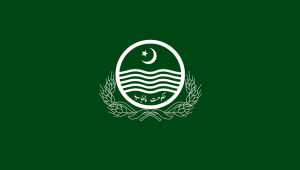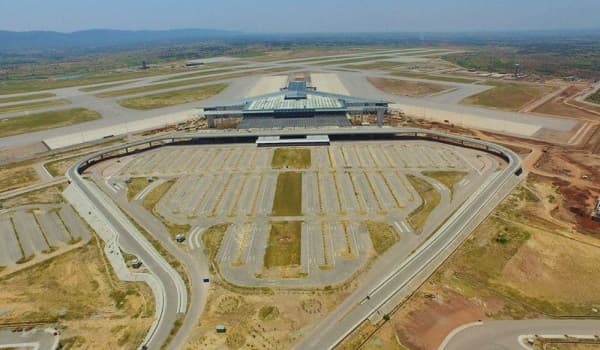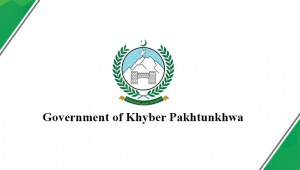Islamabad: Pakistan and the International Monetary Fund (IMF) have reached a staff-level agreement on a USD 2.3 billion financing package, aimed at stabilizing the economy and supporting structural reforms. The package includes a USD 1 billion tranche under the Extended Fund Facility (EFF) and an additional USD 1.3 billion under the Resilience and Sustainability Facility (RSF), subject to IMF Executive Board approval in May.
Read:
The IMF acknowledged Pakistan’s progress in economic stabilization despite global challenges, highlighting improvements in fiscal discipline, declining inflation, and external balance stability. However, it warned of risks from geopolitical uncertainties, fluctuating commodity prices, and climate-related challenges.
The agreement focuses on key reforms, including broadening the tax base—especially enforcing agricultural income tax—phasing out energy subsidies, and maintaining a tight monetary policy to keep inflation within the 5-7% range. The government has pledged to protect social welfare programs like the Benazir Income Support Programme (BISP) while prioritizing health, education, and climate resilience projects.
The IMF also emphasized urgent energy sector reforms, including tariff adjustments to curb circular debt and efficiency improvements in power transmission and distribution. Under the RSF, the USD 1.3 billion will fund climate resilience initiatives, such as better water management, renewable energy expansion, and green mobility to combat urban pollution.
Read:
With foreign exchange reserves at USD 11.15 billion as of March 14, the IMF programme remains critical for sustaining economic stability and investor confidence. Analysts see the agreement as a necessary step toward long-term reforms, but the IMF cautioned against premature policy easing or trade restrictions that could undermine economic progress.








